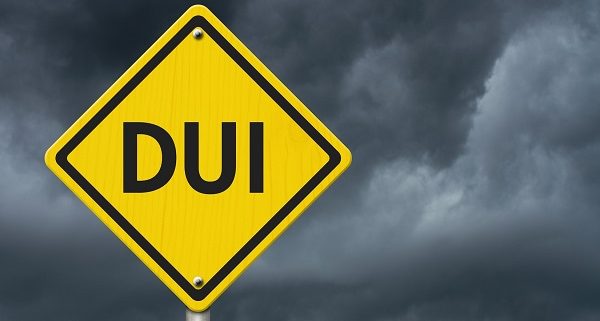Understanding the DUI Legal Process in Texas
The DUI legal process in Texas can be complex, involving multiple stages from arrest to trial. It's essential for individuals facing DUI charges to understand each step, including arraignment, pre-trial motions, and possibly a jury trial. Knowing what to expect can help alleviate some of the anxiety associated with these proceedings.
For instance, after a DUI arrest, the accused will typically face an arraignment where they enter a plea. Following this, there may be opportunities for plea bargaining or pre-trial hearings that can significantly impact the outcome of the case. Understanding these processes is crucial for effective legal representation.
Consequences of a DUI Conviction in Texas
A DUI conviction in Texas can lead to severe penalties, including fines, license suspension, and even jail time. The consequences vary depending on factors such as prior offenses, blood alcohol content (BAC) levels, and whether any injuries occurred during the incident.
For example, first-time offenders might face fines up to $2,000 and a license suspension for up to a year, while repeat offenders could face harsher penalties, including longer jail sentences and higher fines. Understanding these potential consequences can motivate individuals to seek legal guidance to navigate their situation effectively.
Steps to Take After a DUI Arrest
After a DUI arrest, it's crucial to take immediate steps to protect your rights and future. The first action should be to contact an experienced DUI attorney who can guide you through the legal maze and help build your defense.
Additionally, individuals should refrain from discussing their case with anyone other than their attorney. Gathering evidence, such as witness statements or police reports, can also be beneficial in building a strong defense. Being proactive after an arrest can significantly influence the outcome of the case.
Defensive Strategies for DUI Charges
Developing effective defensive strategies is essential for anyone facing DUI charges. These strategies may include challenging the validity of the traffic stop, questioning the accuracy of breathalyzer tests, or proving that the driver was not impaired at the time of arrest.
For example, an attorney may argue that the police did not have probable cause to initiate the stop, which can lead to the dismissal of evidence collected thereafter. Each case is unique, and a tailored defense strategy can make a significant difference in the outcome of a DUI case.




